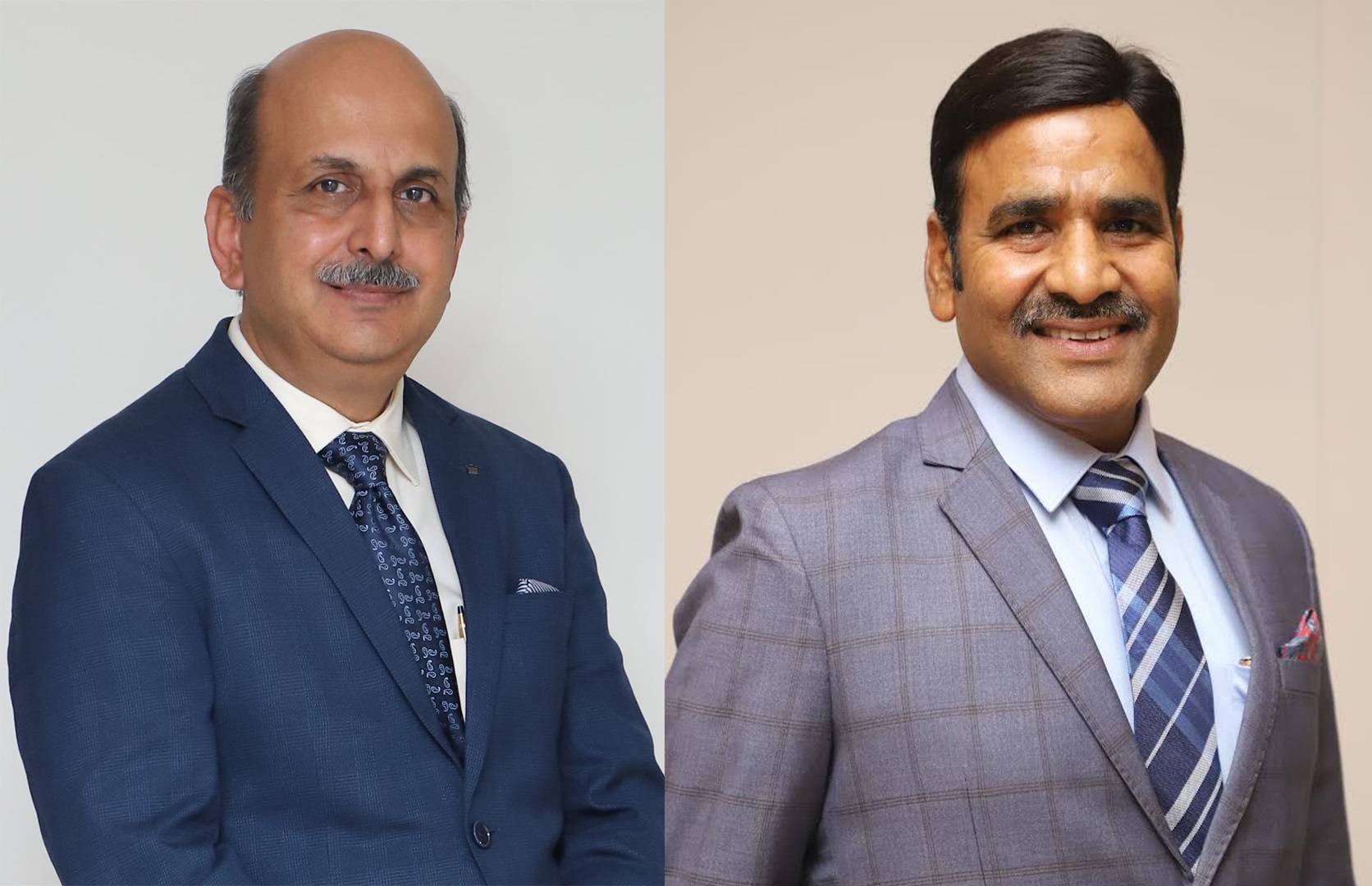An interview with Mr. ALN Rao, Director of MRAI E-Waste and Mr. Sanjay Mehta, President of MRAI
By Niharika Naik
The Material Recycling Association of India (MRAI) is an apex organization in our country responsible for recycling materials such as plastic, paper, E-waste, tyres, rubber, glass, construction materials and so on. MRAI presides over most International, National, and Regional Trade Associations.
Tasked with promoting sound recycling practices across industries, MRAI employs about 25 lakh individuals. Promoting recycling of all types, spreading education and awareness regarding sustainability, and environmental allyship are MRAI’s key objectives.
According to leading researchers, India formally revised its Nationally Determined Contribution by committing to achieve 50% of its power capacity from non-fossil fuel sources by 2030. Reducing battery waste can significantly help Indians mitigate greenhouse gas emissions. Various battery types require specific disposal and recycling procedures, which can be highly hazardous if not executed properly.
The Indian Government mandates all battery remains to be treated as dangerous materials and be brought to household hazardous waste collection sites. Mr. ALN Rao, MRAI Director E-Waste, provides valuable insight into his industry with emphasis on batteries, in an exclusive interview with CMR.
Q: What are the key policy developments in India related to waste management, according to Mr. Rao?
Ans: Mr. Rao mentioned the introduction of Battery Waste Management Rules in August 2022 and the announcement of E-Waste Management Rules in 2023. These rules emphasize the utilization of recycling capacities throughout the year, focusing on the recovery and recycling of commodities that can be used for new production.
Q: How do the current waste management rules differ from previous ones in India?
Ans: In the previous rules, the main emphasis was on collection, while the current rules prioritize recovery and recycling of materials for new production. Producers are given targets for second-hand raw materials to support new production. The new rules also establish a network of stakeholders, including refiners, manufacturers, and traders, through portals to enhance data transparency and communication.
Q: What concerns were raised about the digital portal for recyclers?
Ans: Mr ALN Rao expressed concerns about the effectiveness of the digital portal for recyclers, stating that as of April 2023, all transactions were supposed to take place via the portal, but it was not fully functional. This situation led to difficulties for families and livelihoods, as they had not been compensated for the past six months, resulting in financial hardships.
Q: What challenges are attributed to the E-Waste industry in developing countries?
Ans: Research attributes challenges in developing countries E-Waste industries to an absence of disposal infrastructure, inadequate legislation, and limited implementation of Extended Producer Responsibility (EPR). EPR aims to incorporate all environmental costs into the entire life cycle of products, including their Maximum Retail Price (MRP).
Q: What solutions were suggested to address the challenges in E-Waste recycling?
Ans: Mr. ALN Rao suggested several solutions. Firstly, he emphasized the need to identify recyclers with the necessary abilities and resources. Secondly, he highlighted the importance of providing recyclers with industry-status privileges, subsidies, and grants. Lastly, he recommended exploring and showcasing new recycling technologies on a commercial platform with opportunities for Request for Quotations (RFQs).
Q: What types of waste are of the greatest concern, according to Mr. ALN Rao?
Ans: Mr. ALN Rao identified plastic waste as the most pressing environmental problem. He also mentioned E-Waste as a significant concern, noting its precarious nature.
Q: What is the current status of India’s E-Waste production and its global ranking?
Ans: India currently ranks as the third-largest generator of E-Waste globally, following China and the United States. E-waste production in India has increased significantly, rising from approximately 700,000 tonnes in 2017-2018 to 1.6 million tonnes in 2021-2022.
Q: What is the fate of a majority of used Indian batteries?
Ans: According to Mr. Sanjay Mehta, the President of MRAI, a majority of used Indian batteries are either processed by unorganized sectors or end up neglected in landfills.
Q: How can foreign investment be encouraged in the field of waste management in India?
Ans: The availability of land at nominal rates with long-term leases is expected to attract foreign investment. Mr ALN Rao mentioned that MRAI has been in discussions with State Governments for eco-parks in various Indian regions to facilitate such investments.
Q: What notable efforts have been made in battery recycling?
Ans: Companies like Attero, led by CEO Nitin Gupta, have made significant strides in battery recycling. They have focused on lithium-ion battery recycling, taking advantage of their high energy density and slow charging time, and have already secured 38 global patents in this field.
Q: What are the potential health and environmental consequences of improper E-Waste disposal?
Ans: Improper E-Waste disposal in developing countries can lead to various health issues, including neurological disorders, respiratory concerns, cancer, and birth defects. Additionally, developed countries sometimes inappropriately dispose of their waste in developing countries, compounding the issue.
Q: What is the recommended way forward for addressing E-Waste challenges?
Ans: The way forward involves continuous evaluation of existing laws, formal E-Waste management procedures, providing incentives for recyclers, and imposing stringent fines for defaulters to improve E-Waste management.













